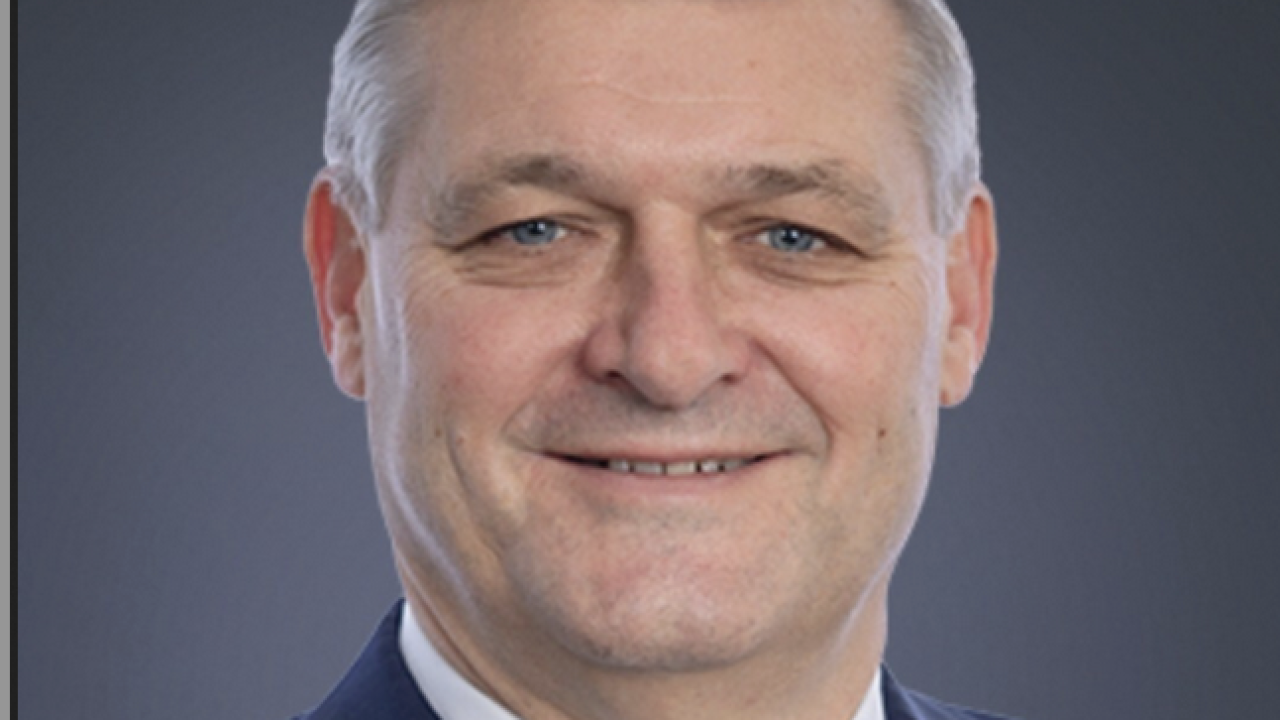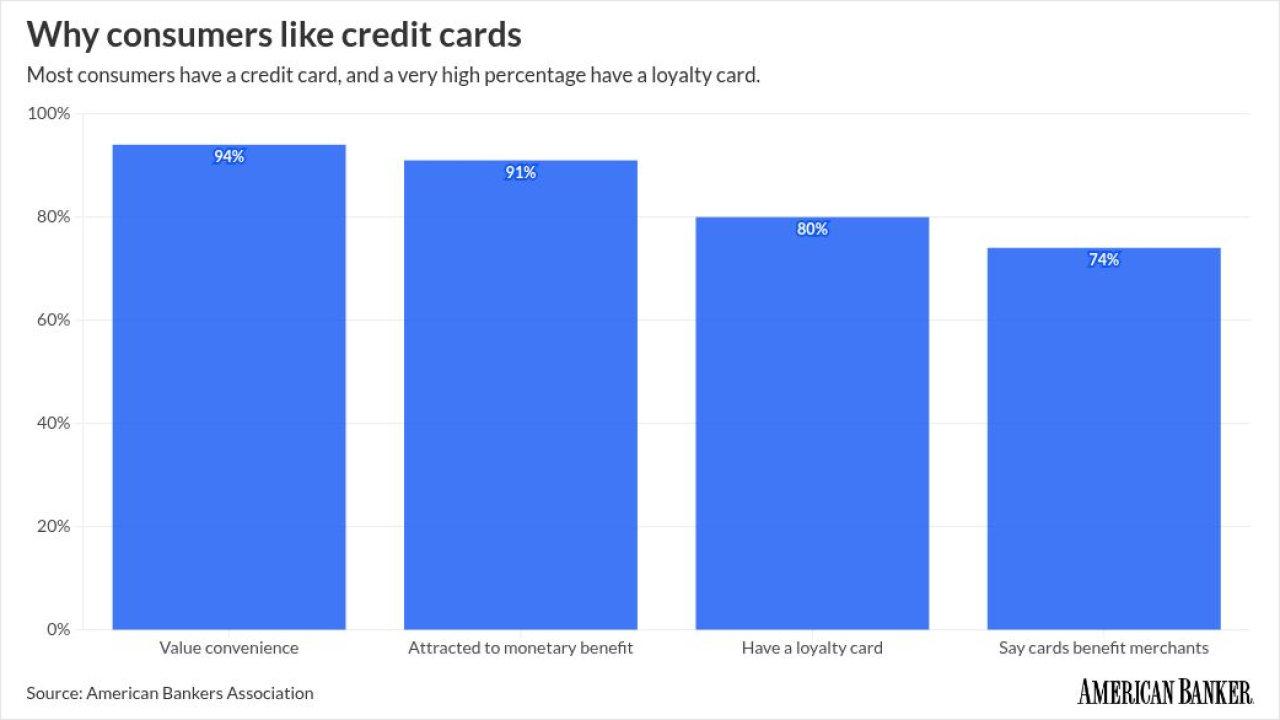A plan to revamp Dodd-Frank regulation won broad support from the financial industry on Tuesday, but its chances of enactment appear to depend on whether Donald Trump takes the White House in November.
House Financial Services Committee Chairman Jeb Hensarling met with the presumptive Republican presidential nominee at Trump Tower during the morning to brief him on his bill. While Hensarling said he has "no expectation at the moment" that Trump will endorse his plan, he noted the New York real estate magnate has supported repealing the Dodd-Frank Act.
"I have had my disagreements [with Trump] as have other Republicans, but clearly here is something that we agree on and … I want him to be briefed on our plan," Hensarling told reporters after a speech at the Economic Club of New York.
-
House Financial Services Committee Chairman Jeb Hensarling R-Texas, is set Tuesday to unveil an ambitious plan to revamp the Dodd-Frank Act and replace it with a capital-based alternative during a speech in New York.
June 7 -
As a top Republican lawmaker nears the release of a plan aimed at rolling back and replacing the Dodd-Frank Act, bankers are being cautious about offering any support, fearing it may open the door to changes they oppose.
May 25 -
The next president whoever it is will have the chance to advance a nomination for the Federal Reserve vice chairman for supervision, a job for which no one has yet been nominated. That selection could affect bank regulation for decades.
June 6
Answering a question from the audience following his speech, Hensarling said, "We believe it is important to show how Republicans, if entrusted with all three levers of government, would govern."
After the meeting, Hensarling told reporters that his plan was well received by Trump, and that he was interested in what was presented, according to published reports.
Hensarling's bill would allow banks to qualify for regulatory relief if they agree to comply with higher capital requirements. While that idea has some support from regulators, Hensarling's bill also included a wish list of other provisions the current White House and prominent Democrats oppose, including subjecting all banking agencies to congressional appropriations and eliminating the Financial Stability Oversight Council.
Barring massive changes, the bill has no chance of enactment this year, as President Obama has said he would oppose big changes to Dodd-Frank and the legislation is already opposed by Democrats.
"I don't care whether you're a Republican or a Democrat or an independent — why would you do that? Less oversight on Wall Street would only make another crisis more likely," Obama said in a speech last week in Elkhart, Indiana.
Rep. Maxine Waters, the top Democrat on the House Financial Services Committee, was also quick to issue a statement sharply criticizing the proposal. "Today, just steps from Wall Street, Chairman Hensarling unveiled a special interest wish list that would deregulate the financial sector to the detriment of consumers and investors."
To prevail, Hensarling would need Trump to win in November and to actively embrace the plan. That would give him a shot at passage next year.
That would still be an uphill challenge, as even under the most optimistic scenario for Republicans this fall, Democrats would have enough seats in the Senate to filibuster the bill.
For her part, Sen. Elizabeth Warren, D-Mass., ripped Hensarling's bill on Tuesday, dubbing it the "Wet Kiss for Wall Street Act." She noted Hensarling's meeting with Trump, and attempted to tie the Texas Republican to the New York real estate developer's recent questionable comments about an American judge of Mexican descent.
"While most Republicans are debating not whether to run away from Trump, but how far and how fast, Congressman Hensarling is sprinting toward Trump Tower," Warren said during a hearing in the Banking Committee. "I get that Republicans want unity right now. … But if unity means a marriage between Donald Trump's toxic racism and Jeb Hensarling's Wall Street giveaways, then I think they'd be better off with division."
Warren specifically attacked the bill's provisions that would eliminate the FSOC's ability to designate firms as systemically important and force all federal regulators to be subject to congressional appropriations.
"Financial regulators have been independently funded since they were created, in some cases since before the Civil War," she said. "The idea is to keep politicians from interfering by threatening to cut off a regulator's budget when the regulator tried to clamp down on a politically powerful bank. Congressman Hensarling wants to get rid of that protection so that the bank regulatory process will be subject to more political meddling."
Hensarling acknowledged Tuesday that the bill is a long shot in the current Congress but said he wants to move it through his committee before the end of the year, though he is not "necessarily wedded to" that.
"The most important thing is to get the plan out and we want to receive a lot of feedback," Hensarling said.
To be sure, parts of Hensarling's plan may prove more possible than others. At the heart of the plan is an idea to give community banks exemptions from certain Dodd-Frank and Basel III requirements if they hold higher capital. That concept has been endorsed by Fed Gov. Daniel Tarullo and Federal Deposit Insurance Corp. Vice Chairman Thomas Hoenig.
Hensarling's bill proposed giving banks that opportunity if they held a leverage ratio of 10% and had a Camels rating of 1 or 2.
Analysts noted that this was Hensarling's opening bid, and therefore included items he knows he couldn't get.
"Part of this will be more politically palatable than other parts … [but] you wouldn't want to leave out anything that you may want later from your initial ask," said Oliver Ireland, a partner at the law firm Morrison & Foerster.
"I have been waiting for the pendulum to start swinging back post Dodd-Frank for some time," Ireland said. "What we see now is Hensarling laying out a very broad agenda saying that is the direction he thinks the economy needs to go in."
During a separate speech at an event sponsored by the Financial Services Roundtable, Chief Deputy Whip Patrick McHenry R-N.C., was more optimistic about Hensarling's proposal. McHenry said that "over the long run, this has real legs" and an "opportunity for bipartisan appeal."
But Dennis Kelleher, president and chief executive officer of the public interest group Better Markets, said that Hensarling missed a "historic opportunity to propose a serious plan that would have received bipartisan support."
"He should have rejected the Wall Street wish list and focused on meaningful levels of real equity capital, but 10% is far too little, and the trade-offs that gut so many other essential protections are totally unwarranted," Kelleher said.
Brian Patrick Eha contributed to this story.





